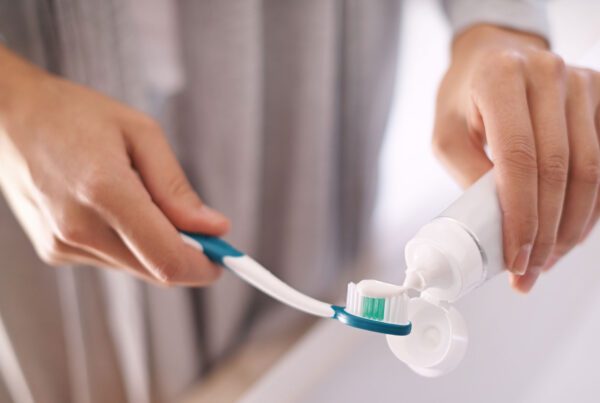It’s common to believe you can wait another six months before scheduling a routine dental checkup if you can’t see or feel anything wrong. The issue with it is that before you realise it, you are in agony, and something that would have been very small has now grown to be more serious and require a more involved operation.
How Often Should You Visit The Dentist?
The typical advice for dental patients is a visit every six months. However, depending on a variety of variables, your dentist will usually advise you on how frequently to visit. A yearly check-up may be adequate for low-risk individuals who practise good daily dental hygiene. People with pre-existing medical issues might need to visit more frequently, especially if they wish to continue receiving preventative dental treatment.
Some conditions that might necessitate more regular dental care include smoking, diabetes, periodontal (gum) disease and pregnancy. It may be advisable to plan quarterly check-ups for anyone whose immune system has been affected by a chronic sickness or infection, who has a propensity to develop decay or plaque more quickly, or all of the above.
What To Expect At A Dental Check-Up
Every time you visit the dentist for a check-up, your dentist will look inside your mouth for indications of plaque, tartar accumulation, and holes. In addition to carefully inspecting your gums and measuring how deep the gum pockets are around the teeth, the dentist may take x-rays to look for any decay between your teeth.
If your dentist notices any potential problem areas, they will talk to you about them. Minor problems like cavities or other concerns may frequently be fixed while you’re there, but you’ll need to make another appointment for any substantial procedures like extractions, root canals, or tooth replacement. You will have a complete scaling and cleaning by the dentist or a resident dental hygienist, who will use specialised instruments to remove tartar, followed by polishing. Even though a fluoride treatment is often not required at every biannual appointment, it could be recommended to you.
Benefits
Paying for dental exams can seem annoying, but the rewards exceed the drawbacks by a wide margin. Preventing tooth decay and other oral issues is probably more cost-effective than paying for treatments because the majority of oral care is not covered by the provincial healthcare system. Maintaining your teeth lowers the expense and agony of care, even for more expensive operations like root canals, implants, and orthodontic appliances.
To schedule an exam, get in contact with the Central Hutt Dental staff right now. We’ll make sure you’re at ease and that the service is tailored to your requirements. Please feel free to get in touch with us with any queries you may have; we would be pleased to help.






